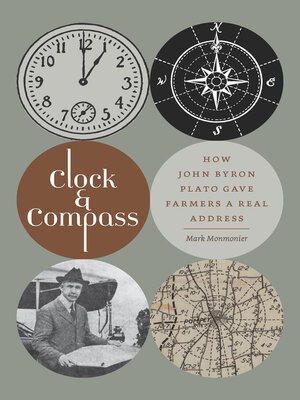
Sign up to save your library
With an OverDrive account, you can save your favorite libraries for at-a-glance information about availability. Find out more about OverDrive accounts.
Find this title in Libby, the library reading app by OverDrive.



Search for a digital library with this title
Title found at these libraries:
| Library Name | Distance |
|---|---|
| Loading... |
A city guy who aspired to be a farmer, John Byron Plato took a three-month winter course in agriculture at Cornell before starting high school, which he left a year before graduation to fight in the Spanish-American War. He worked as a draftsman, ran a veneers business, patented and manufactured a parking brake for horse-drawn delivery wagons, taught school, and ran a lumber yard. In his early thirties he bought some farmland north of Denver, Colorado, and began raising Guernsey cattle, which he advertised for sale in the local paper. When an interested buyer eager to see his calves couldn't find his farm, Plato realized that an RFD postal address was only good for delivering mail.
Plato's solution was a map-and-directory combo that used direction and distance from a local business center to give farmers a real address, just like city dwellers. He patented his invention called the "Clock System" and tried to sell it to the Post Office Department. What follows is a tale of persistence and failure as rural farming declined and technology and capitalism overtook John Byron Plato's chances at geographic immortality.
Plato's solution was a map-and-directory combo that used direction and distance from a local business center to give farmers a real address, just like city dwellers. He patented his invention called the "Clock System" and tried to sell it to the Post Office Department. What follows is a tale of persistence and failure as rural farming declined and technology and capitalism overtook John Byron Plato's chances at geographic immortality.







